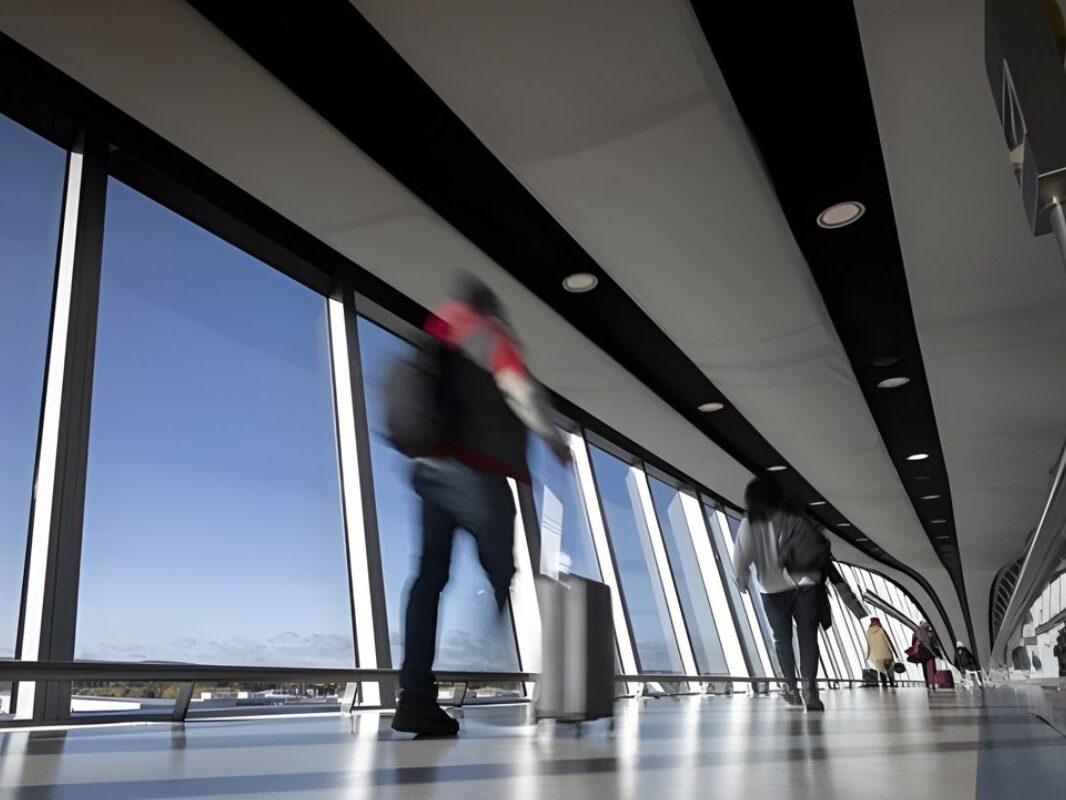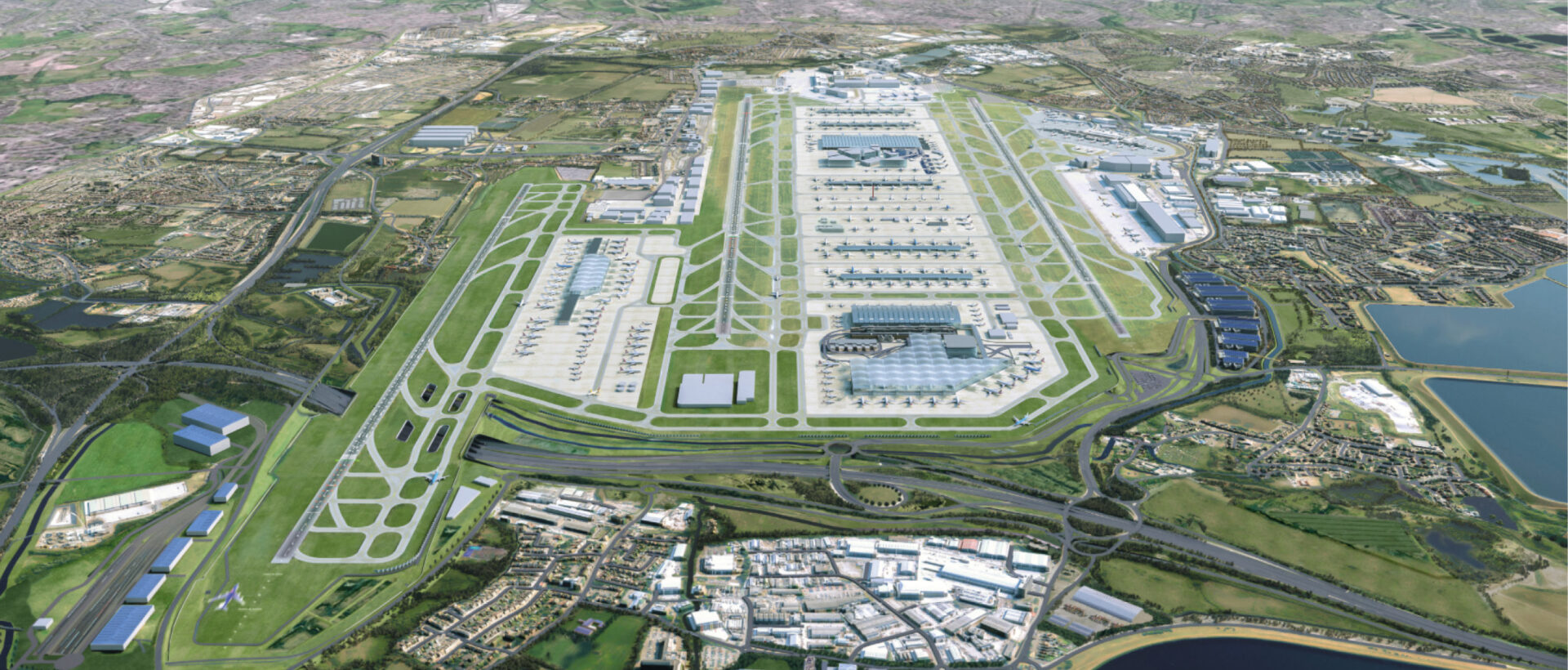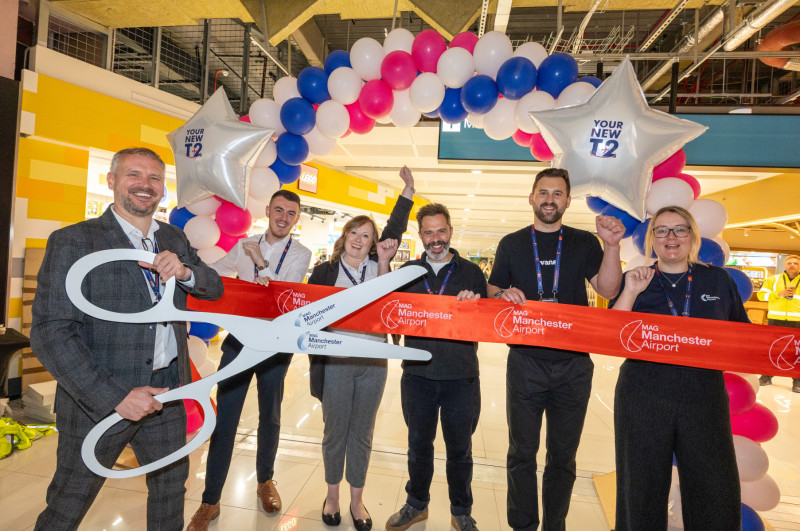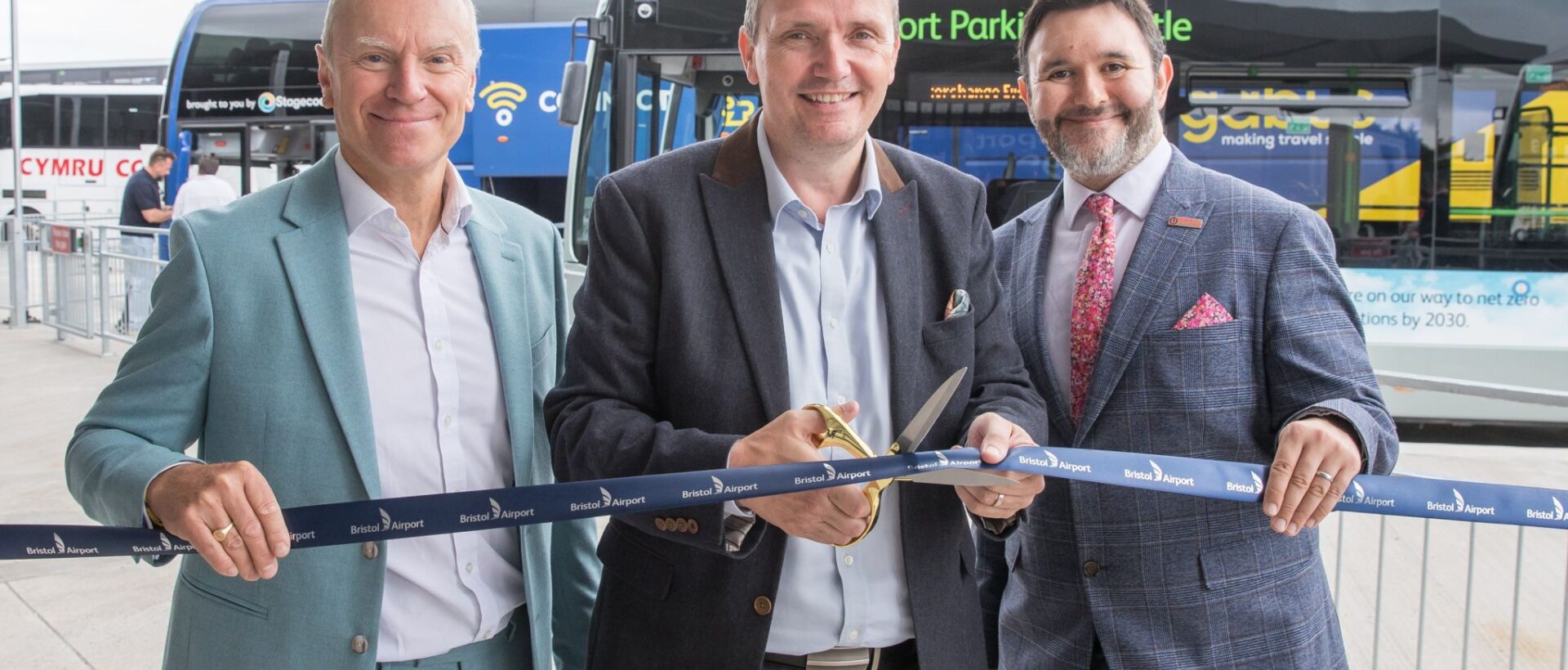NATS has released the findings of its eighth annual Aviation Index, providing a snapshot of current UK public opinion on air travel.
The 2025 survey shows a shift in emphasis, with punctuality now ranked as the most important issue for passengers, followed closely by environmental performance. In the 2024 survey, environmental performance—specifically reducing emissions— was ranked as the top priority. However, over the last year, public opinions have arguably suffered from ‘sustainability fatigue’, impacting developments in the aviation industry.
The nationally representative survey, carried out by Ipsos UK on behalf of NATS, found that 63% of respondents view on-time arrivals and departures as their top priority for the aviation sector. This is ahead of reducing carbon emissions, which 56% identified as important. While sustainability remains a prominent concern, the results indicate an increasing demand for improvements in service reliability and efficiency.
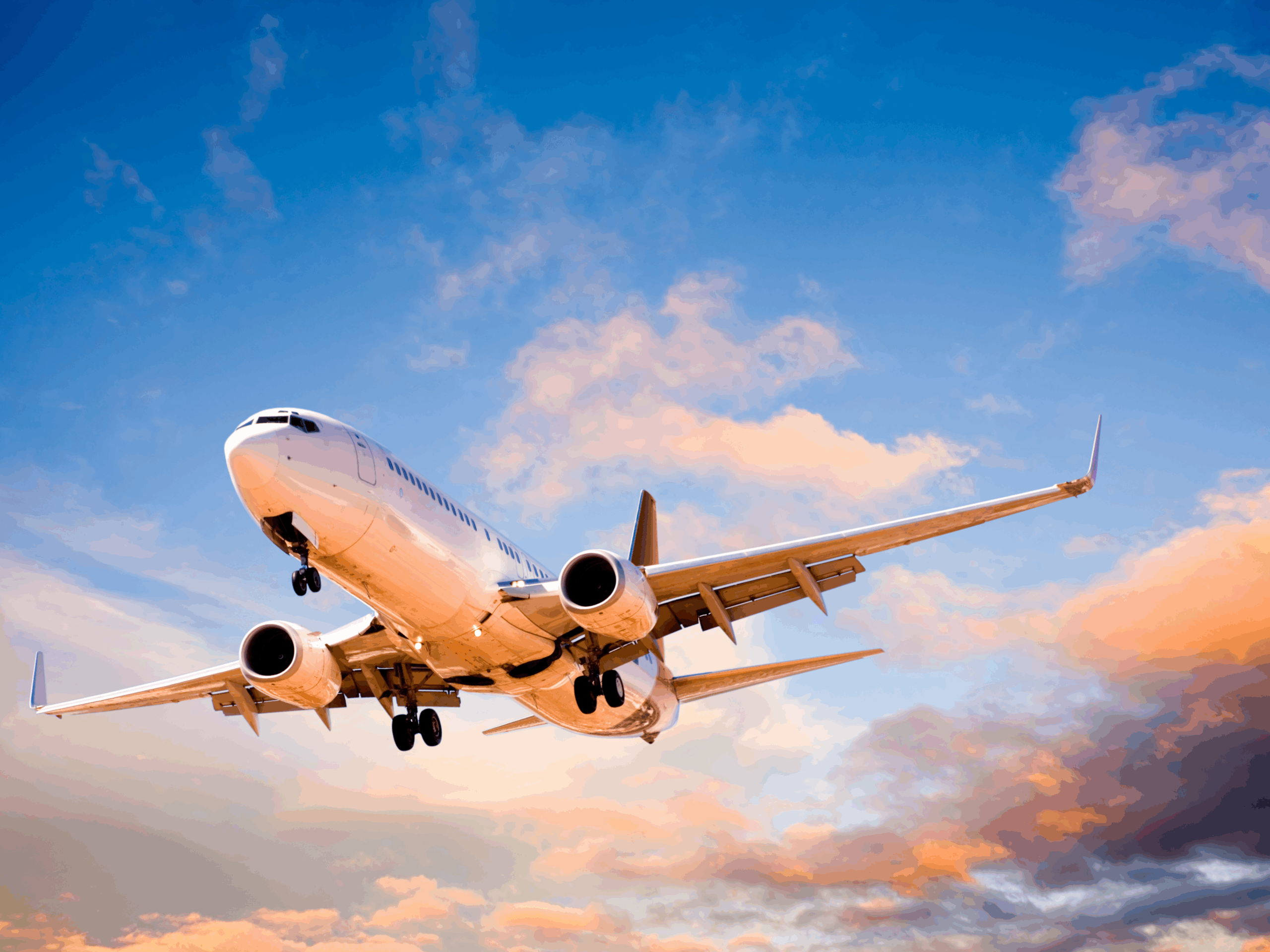
The report suggests a general acknowledgement of aviation’s economic role, alongside growing expectations that industry bodies take further steps to improve overall performance. Over the last year, NATS has been working with airports and airlines to enhance resilience and reduce delays. Technologies such as Intelligent Approach – which enables more efficient aircraft spacing on arrival – have been deployed to help address these public concerns.
In June 2025, NATS managed over 237,000 flights, marking a 2.5% increase compared with June 2024. Despite this rise in traffic, NATS contributed only 1.2% of all European en-route delays, even while handling close to a quarter of the continent’s air traffic.
Environmental issues do remain an ongoing concern. Although 56% of respondents prioritise emissions reduction, only a small proportion (4%) believe individual travellers are primarily responsible. Instead, responsibility is more commonly attributed to government (30%), airlines (26%), and aviation authorities such as NATS and the Civil Aviation Authority (23%).
Travel habits appear to have stabilised following the disruptions of recent years. In the 12 months leading up to the survey, 52% of UK adults flew internationally, while 32% travelled domestically. These figures offer a more nuanced view compared to last year’s combined figure of 50% for all flying activity. Looking ahead, 26% of respondents expect to fly more in the coming year, with anticipated growth higher among younger adults and minority ethnic groups. Cost remains a significant influence on travel choices, with 89% citing it as a key factor.
Awareness of the UK’s airspace modernisation programme is also increasing. This year, 24% of respondents said they were aware of the plans and understood at least a little about them, compared to 15% in 2024. Support for revised flight paths, once informed of their potential advantages and disadvantages, has grown from 42% to 52%. A majority (69%) believe that any future expansion of UK airport capacity is dependent on upgrading existing airspace systems.
The 2025 Index also explored attitudes toward aviation innovation. Emerging technologies such as drones, flying taxis, and AI-enabled systems are receiving cautious but increasing levels of public acceptance. While safety and human oversight remain important to respondents, there is support for the use of automation where it can deliver tangible benefits. For example, 68% approve of AI for baggage screening, and 50% support its use in managing flight routing.
Simon Warr, NATS’ Communications Director said:The 2025 Aviation Index highlights the public’s clear priorities: reliable service, greater environmental performance, and smart use of innovation. As the aviation industry continues to modernise, aligning with these expectations will be key to maintaining public trust and delivering the benefits aviation brings to society.
The full Aviation Index 2025 report is available on the NATS website.





